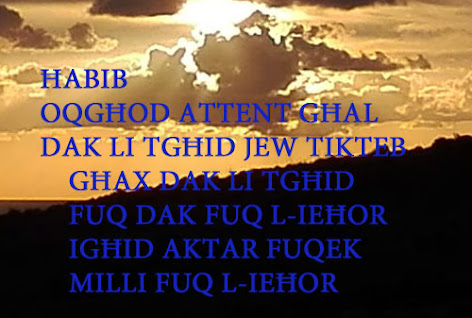When the angels went away from them into heaven, the
shepherds said to one another, “Let us go over to Bethlehem and see this thing
that has happened, which the Lord has made known to us.” And they went with haste, and found Mary and Joseph, and the babe
lying in a manger. And when they saw it they made known the saying which
had been told them concerning this child; and all who heard it wondered at
what the shepherds told them. But Mary kept all these things, pondering
them in her heart. And the shepherds returned, glorifying and
praising God for all they had heard and seen, as it had been told them. This is the Word of the Lord.
“A light will shine on us this day”. Psalm 97 today makes us repeat the good news, “A light will shine on us this day”. Meditating on this verse, I asked myself if this was just a repetition of words written by the Psalmist, a promise made many centuries ago? Or is it good news being promised to us in our days, today? As Christmas is not just a commemoration of something glorious and important that belongs to history, our celebration ‘this day’ makes it very real, and we are invited to pay attention. “A light will shine on us this day” the Psalmist says, and we ask: “What light is this?”. The Psalmist answers us: “It is the Lord, born for us”. So we ask again: “Who is this light?” It is Christ the Lord.
The angels who
gave the good news to the shepherds who were keeping
watch over their flock by night said to them if you go to Bethlehem to see this thing that has happened
“You will find a babe wrapped in swaddling
cloths and lying in a manger”. This is good news of a great joy which will
come to all the people. Indeed, this is “Good News” wrapped in a human body, in human history,
and it is good news that comes to us today.
This good news
comes through the celebration of the Holy Eucharist during which Our Lord comes
to us every day through his Words and in the outer signs of bread and wine,
small things that hide from our sight the immense beauty of Christ’s glory,
that our heart and our mind and our whole being are unable to experience while still
alive on earth. “This is the mystery of faith” we are reminded in every Mass we
celebrate. It is the same mystery of faith that Mary and Joseph and the
shepherds faced when holding the child Jesus in their arms. It is the same
mystery we face when we look at the crucified Jesus, the risen Lord, now in his
Father’s glorious embrace. Small things in God’s hands bring to us splendid
mysteries: a new born Child, consecrated Bread and Wine, a crucified and resurrected
Man.
Who is the
light that will shine on us today? It is the Man/God in the mystery of the
Incarnation, the Eucharistic mystery, and the mystery of our redemption.
But today he
will also shine on us in this threefold mystery through the Good News we read
in today’s gospel selection. In it we meet with two main personages: the
shepherds and the Child’s mother, Mary.
Luke tells us
that the shepherds went to Bethlehem and they
made known to Mary, Joseph
and others who could hear them, the message which had been told them concerning this child. In this, the humble
shepherds became preachers of the Word, through whom God wanted to share his message
of endless love that knows no limits. In a way the angels sent them on mission
to announce the Good News, to bring Joy to all mankind, a message Jesus himself
would repeat later, as reported by John: “I
came that they may have life, and have it abundantly” (Jn 10, 10). It is the same mission the Risen Lord gave to his
disciples: “Go therefore and make disciples of all
nations … teaching them … everything that I
have commanded you. And remember, I am with you always…” (cfr Mt 28, 19-20).
Luke tells us
that: “Mary kept all these things, pondering
them in her heart” and this is
contemplation of the mystery in order to be able to play her part in it, for
she is the first and foremost disciple. Her share in the wedding feast at Cana
at the beginning of her Son’s ministry, was to tell the servers: “Do whatever my son tells you” (Jn 2, 5). This is the preaching
Mary is repeating in these and other words from that day in Cana up to our days.
All this brings
to my mind the motto Dominicans treasure so much and which is the leading light
of their religious life: “To contemplate and to give to others the fruit of their
contemplation”. This Mary did with words and deeds. This the shepherds did in
their share in the Christmas Story. This the apostles and other disciples did
in a way that, notwithstanding their limitations, but filled with the Holy
Spirit, Christ’s message was spread among all nations.
We are called
to do the same thing and accept the light that shines on us today in order to
become disciples who contemplate God’s mysteries and share the fruits of our
own contemplation to the world around us.





